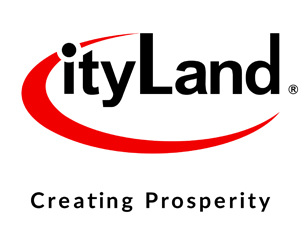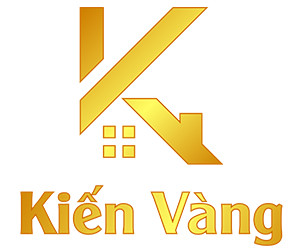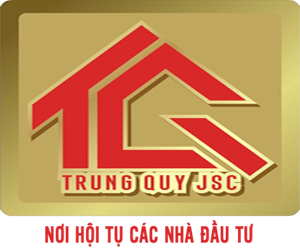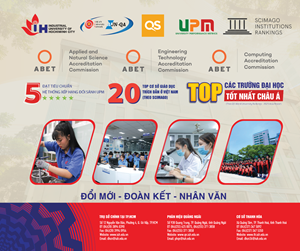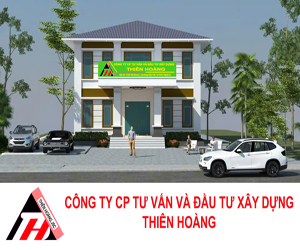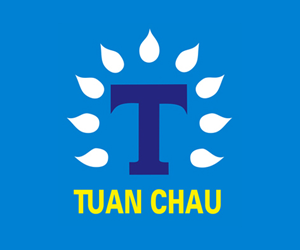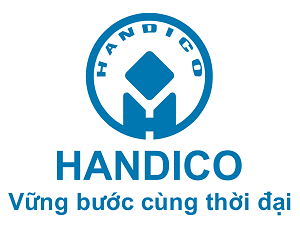All provinces and cities in the country need to finish collecting data on local addresses by the end of January so that Vietnam’s digital map project on map.itrithuc.vn can be operational by February.
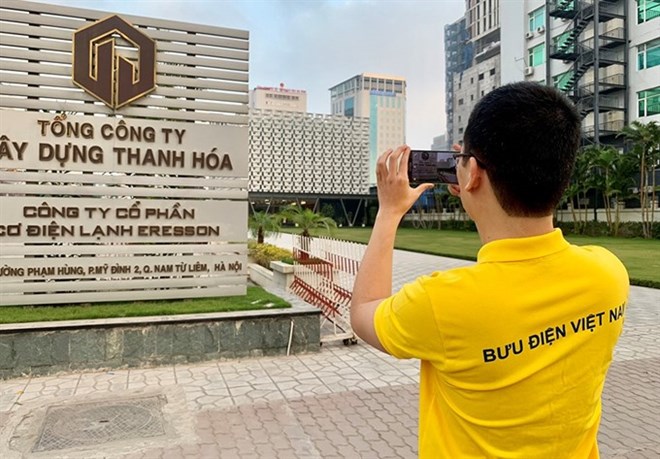
A Vietnam Post Corporation worker takes a photo and inputs the addresses of a site in Hanoi to contribute to the national digital map project. (Photo: infonet.vn)
In a meeting held earlier this week to mark the start of nationwide data collection, Bui The Duy, deputy minister of science and technology, said one of the fundamental information databases for any country is a complete map with a full address list and associated geocodes.
“In the era of Industry 4.0, map databases are playing an increasingly important role, especially for the development of directory apps,” Duy said.
Vietnam needs to develop its own database to both serve as a decision support tool for the Government and make it easier for businesses, organisations and citizens to look up information, he said.
With its experience in collecting information on a nationwide scale such as taking stock of households participating in the health insurance scheme, compiling information related to war martyrs and their tombs and documenting postal codes, the State-run Vietnam Post (VnPost) Corporation was chosen to take the lead in the aggregation of map data. It was charged with establishing IT infrastructure for the project and crafting information collection and review plans.
VnPost Chairman Pham Anh Tuan said despite the rush of holiday shipping and delivery surrounding Tet (Lunar New Year), the company pledged to fulfill the mission in time.
To meet the deadline within such a short time frame, Nguyen Van Tung, Vice Chairman of the Government Office, asked all people’s committees to coordinate closely with the science and technology ministry and VnPost. Local departments of environment, transport and statistics also need to aid the information collection workers.
“Local authorities would also need to inform the implementation group on future plans to change street names or address numbers,” Tung said. “Local people’s committees would also allocate the necessary budget to cover the collection group’s working expenses, for example high-speed internet or petrol.”
By January 11, a total of nearly 1.39 million addresses across the country had been aggregated.
Phu Yen and Hau Giang, the first two provinces to have carried out the collection process, said they are already done. In the next phase, local businesses and people are urged to provide necessary edits in three fields: the names of households, establishments and landmarks, addresses and notes on site types (residential houses, restaurants, banks or something else.)
The digital map is a component of the “Digital Vietnamese knowledge project” launched at the beginning of 2018, a Government-sponsored effort to create a Vietnamese version of Wikipedia about everything Vietnam.
The project aims to become a comprehensive information portal that could help all Vietnamese people, especially the younger generation, develop innovative technologies based on big data, the Internet of Things (IoT) and artificial intelligence.
VNA
Theo



























